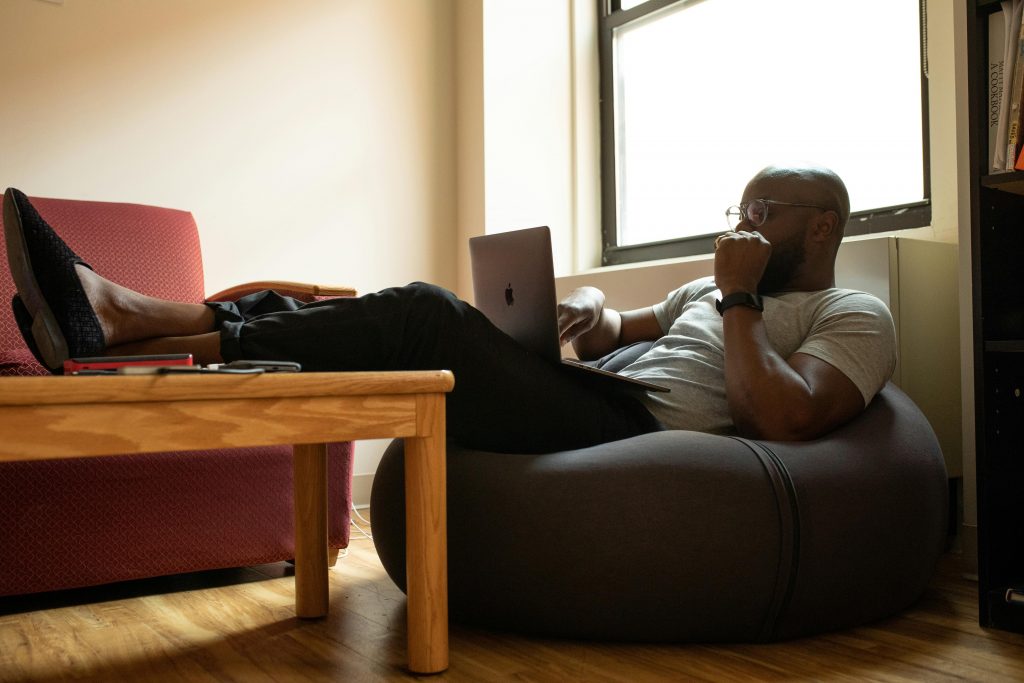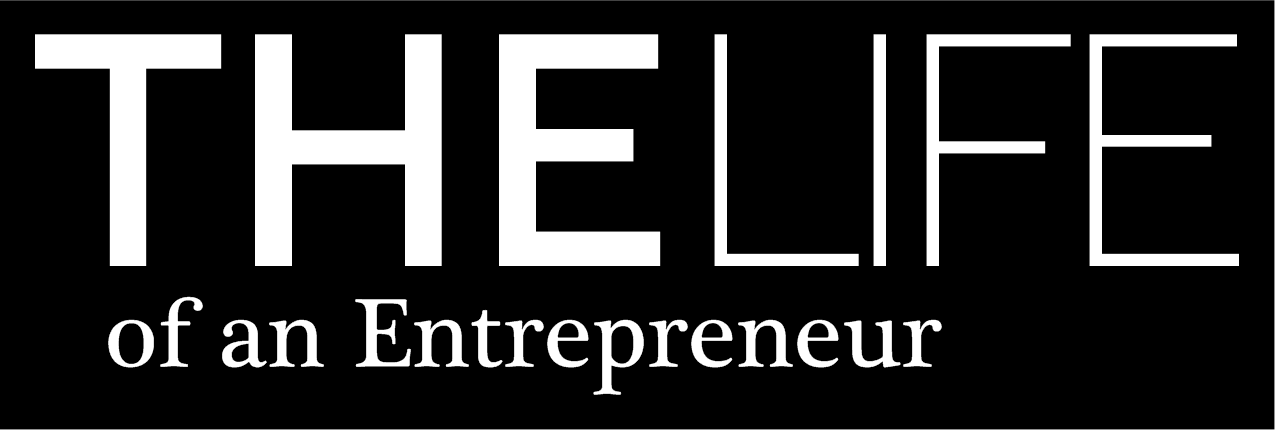
Remote Work: Freedom or Fatigue?
Then there is the issue of blurred boundaries. When your lounge is your office, it becomes difficult to switch off. Emails creep into dinner time. WhatsApp messages ping long after sunset. Lunch breaks become shorter and harder to protect. Over time, this lack of structure can lead to burnout, a slow but real fatigue that creeps in unnoticed.
Exploring the Flipside of Working from Home
In recent years, remote work has shifted from a luxury to a new normal for many South Africans. What began as a necessary adjustment during the COVID-19 pandemic has since evolved into a permanent setup for thousands of professionals across the country. On paper, the idea is golden: no traffic, flexible hours, and the comfort of your own home. But as many have discovered, this freedom often comes with its own kind of fatigue.
The Good Side: Flexibility and Freedom
One of the biggest drawcards of remote work is flexibility. Without the traditional nine to five routine or the pressure of office politics, many employees find themselves working during their most productive hours. Parents can fetch kids from school, people can take mid-morning breaks for exercise or even a quick nap, and those in rural areas save both money and time by avoiding daily commutes.
There’s also a noticeable boost in autonomy. Without constant supervision, employees are trusted to manage their own workload and deadlines. For many, this trust builds confidence and allows them to be more creative and efficient.
Work and life balance, at least on the surface, seems to improve. With more time at home, many workers report stronger family connections and reduced stress levels from not having to sit in peak-hour Gauteng traffic or navigate Cape Town’s ever-changing taxi routes.
Moreover, for businesses, remote work has reduced overheads and allowed access to a wider talent pool, especially tapping into skills from small towns and underrepresented regions.
The Bad Side: Isolation, Blurred Lines, and Burnout
However, behind the scenes, remote work is not always the dream it’s made out to be. One of the biggest challenges is isolation. Without the buzz of office chatter, spontaneous brainstorming sessions, or even quick coffee breaks with colleagues, many remote workers feel disconnected. For extroverts and team-oriented individuals, the silence can be deafening.
Then there is the issue of blurred boundaries. When your lounge is your office, it becomes difficult to switch off. Emails creep into dinner time. WhatsApp messages ping long after sunset. Lunch breaks become shorter and harder to protect. Over time, this lack of structure can lead to burnout, a slow but real fatigue that creeps in unnoticed.
The pressure to constantly be online creates an always on culture. Employees worry they might be seen as lazy or disengaged if they’re not quick to respond. The result? People start overcompensating, working longer hours than they would in a traditional office.
Productivity, too, can suffer, especially without clear routines, quiet spaces, or reliable internet. In many South African households, load shedding and limited access to uncapped data further complicate the picture. Add children, barking dogs, or shared spaces into the mix, and concentration becomes a daily challenge.
Managers, on the other hand, find it difficult to track progress or build team spirit. Without face-to-face interaction, it is harder to pick up on morale dips or personal struggles among staff. Team building feels forced over Zoom, and many workers feel their contributions go unnoticed.
The Balance: Creating Healthy Remote Work Culture
Remote work is here to stay. But to make it sustainable, South African companies and workers need to find a healthier balance. This could mean setting clear work hours, encouraging digital detox periods, providing mental health support, and building better systems for communication and recognition.
For individuals, it might mean setting up a designated workspace at home, taking regular breaks, and communicating clearly about workload and expectations.
In the end, remote work can be both a blessing and a burden. The key is to embrace the freedom without letting it become fatigue.


